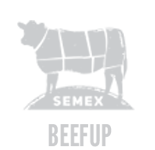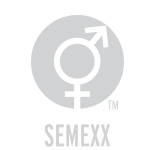Semex Timeline

Frozen Semen Commercialized
Prior to frozen semen, fresh semen was delivered daily to technicians to use within a limited territory. The discovery of the freezing process opened many possibilities as frozen semen will last indefinitely with proper storage; therefore, it could be shipped around world.
1953
First Canadian semen export
The first Canadian frozen semen was exported to Germany.
1959
Semex Canada Formed
Records show that eight years after the first Canadian frozen semen export was made, 17,016 doses were shipped to nine countries under the guidance of Roy G. Snyder, Secretary-Manager of Ontario Association of Animal Breeders. Every year, sales doubled and due to the increasing international demand for Canadian genetics, Roy G. Snyder's vision was to create an export company. He convinced A.I. organizations across Canada to sign an agreement to form Semen Exports Canada in 1974. The name was later shortened to Semex Canada. Its first fiscal year reports sales totaling 209,354 doses to 31 countries.
1974
Boviteq Established Specializing in Embryo Transfer and R&D
Located in St. Hyacinthe, Quebec, Boviteq became world renowned for its embryology laboratory focusing on in vitro fertilization, embryo freezing and genomics and its research on semen quality, sperm fertility and cryopreservation. Boviteq is a division of Semex.
1986
Hanover-Hill Inspiration
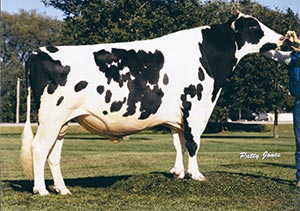
produces his one millionth dose.
1995
Madawaska Aerostar
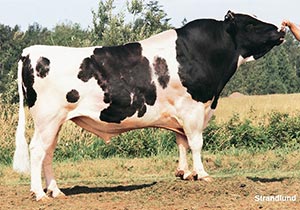
produces his one millionth dose.
1996
Formation of Semex Alliance
Joining forces in leadership and partnership, four Canadian A.I. organizations formed one genetics and marketing organization, Semex Alliance.
1997
Formation of Semex USA
Semex Alliance distributors across the United States were purchased and consolidated to form Semex USA Inc.
1997
Startmore Rudolph
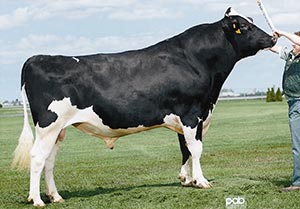
produces his one millionth dose.
2000
Comestar Leader & Comestar Lee
produce their one millionth doses.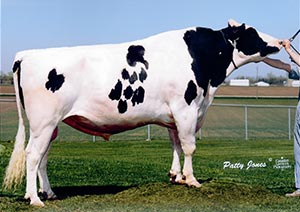
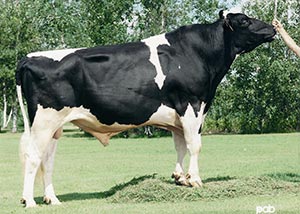

Oliveholme Aeroline
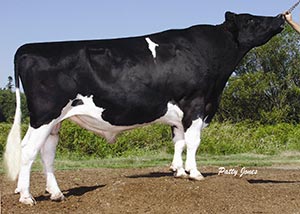
produces his one millionth dose.
2002
Partnership with Swissgenetics Established
2004
Sexed Semen Commercialized
Commercialization of sexed semen in the United States was initiated with a 2003 license granted to Sexing Technologies (ST). ST provides the technology to Semex.
2005
Comestar Outside
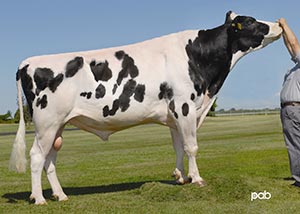
produces his one millionth dose.
2006
Stouder Morty
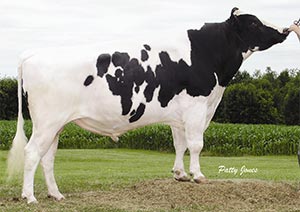
produces his one millionth dose.
2007
Comestar Lheros
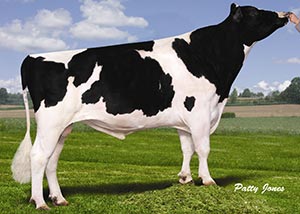
produces his one millionth dose.
2008
First Official Genomic Evaluations
The publication of the August 2009 dairy genetic evaluations marked a new era for bull "proofs," when the majority included genomic information. It has brought about revolutionary change in dairy cattle selection and breeding decisions with a rapid increase of genetic improvement.
2009
Semex ai24® Global Launch
First in the industry to offer activity monitoring solutions.
2009
R-E-W Buckeye & Ladino Park Talent*RC
produce their one millionth doses.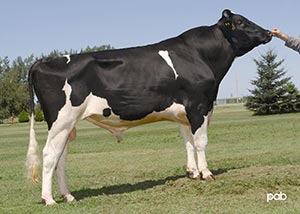
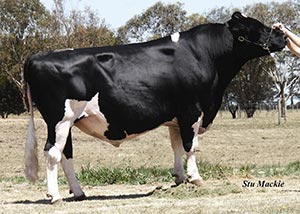

Immunity+® Launched
After 20 years of research Dr. Bonnie Mallard of the Ontario Veterinary College at the University of Guelph, devised a patented test system to identify cattle as a high, average or low immune responder. Semex partnered exclusively with Dr. Mallard and the U of G to introduce the High Immune Responder (HIR) technology to producers as Immunity+® sires.
2012
Semex Invests in Tairana Central de Inseminaçåo Artificial, Brazil
With a commitment to global production expansion, Semex invests in an A.I. center in Brazil.
2012
Formation of Boviteq USA
Boviteq lab in Monona, Wisconsin to provide industry-leading IVF services to producers across the USA.
2013
Semex Invests in Partnership with Cenatte Group in Brazil
2013
Progenesis™ Program Founded
Progenesis was founded as Semex’s industry-leading internal dairy breeding program.
2013
Mainstream Manifold
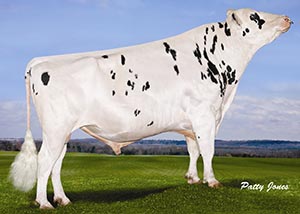
produces his one millionth dose.
2014
New Isolation Facility Built in Brockville, Ontario, Canada
With capacity of housing 230 young bulls and the goal of providing individual care to valuable young sires, this new facility serves as an entry point for all bulls coming into stud.
2014
European Production Facility Opens
Semex opens its newly expanded Génbank-Semex Hungary facilities in Mezohegyes, Hungary, meeting the company’s global sire housing, semen collection, processing and distribution needs.
2014
New Global Headquarters
Semex moved its administration staff to its new Global Headquarters at 5653 Hwy 6 North, Guelph, Ontario, Canada.
2015
New USA Headquarters
Semex moved its administration staff and Boviteq laboratory to its new Headquarters at 3801 Kipp Street, Madison, Wisconsin, USA.
2016
Crackholm Fever
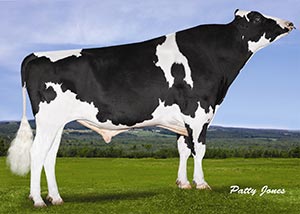
produces his one millionth dose. Semex leads the industry with 13 sires with at least 1 million doses produced and sold.
2016
Elevate® Delivers Female Immunity Results
A first in the industry, and a Semex exclusive, Elevate testing ranks females based on their genetic merit along with their immunity genomic test results.
2018
Internal Product Development Partnership Established with Vierra Dairy Farms
2019
Boviteq USA Growth
Boviteq California opens in partnership established with Vierra Dairy Farms while also introducing the Boviteq Blue Box technology to the farm, a mobile IVF lab.
2021
Barn and Sexed Semen Lab Expansion
With a commitment to enhanced animal care, maximum bull comfort and increased capacity, Semex makes a major investment in its facility expansion at the Global Headquarters in Canada.
2022
Boviteq Grows Globally
Boviteq opens lab in Syracuse, New York, USA and expands with global licensees in UK, France, Switzerland, Italy and Western Canada.
2022
World’s First Methane Index Introduced
Semex collaborates with LactaNet to create a methane index. Elevate users receive a methane index on all genomic tested females to monitor and reduce methane in herds in association with methane efficiency ratings on all Semex sires.
2023
We are ever changing and ever growing
Semex is represented in 80 countries with 110 Distributorships. In Canada, there are 380 employees and another 520 are employed by our global subsidiaries. Yearly revenues of over $180 million includes dairy and beef semen, live bulls, embryo services, dairy solutions and non-semen sources.
Today

